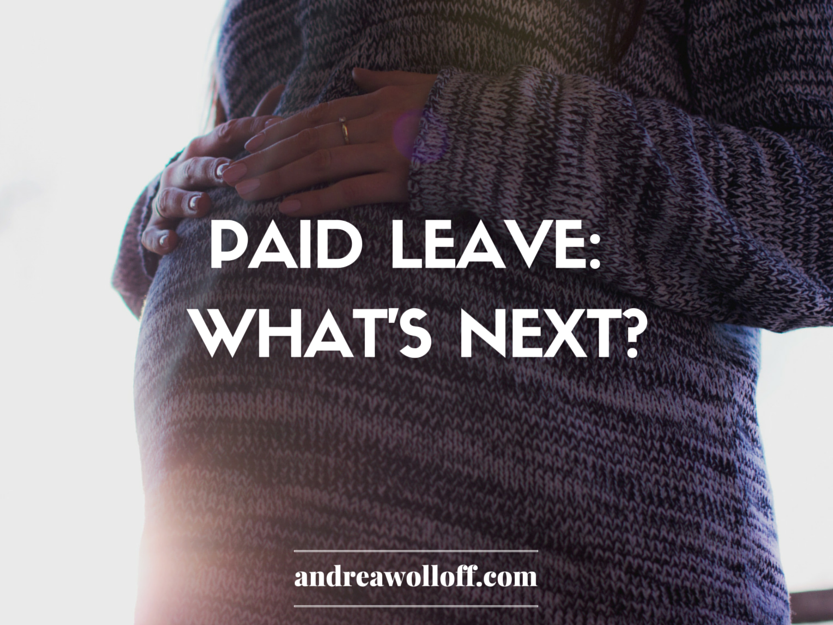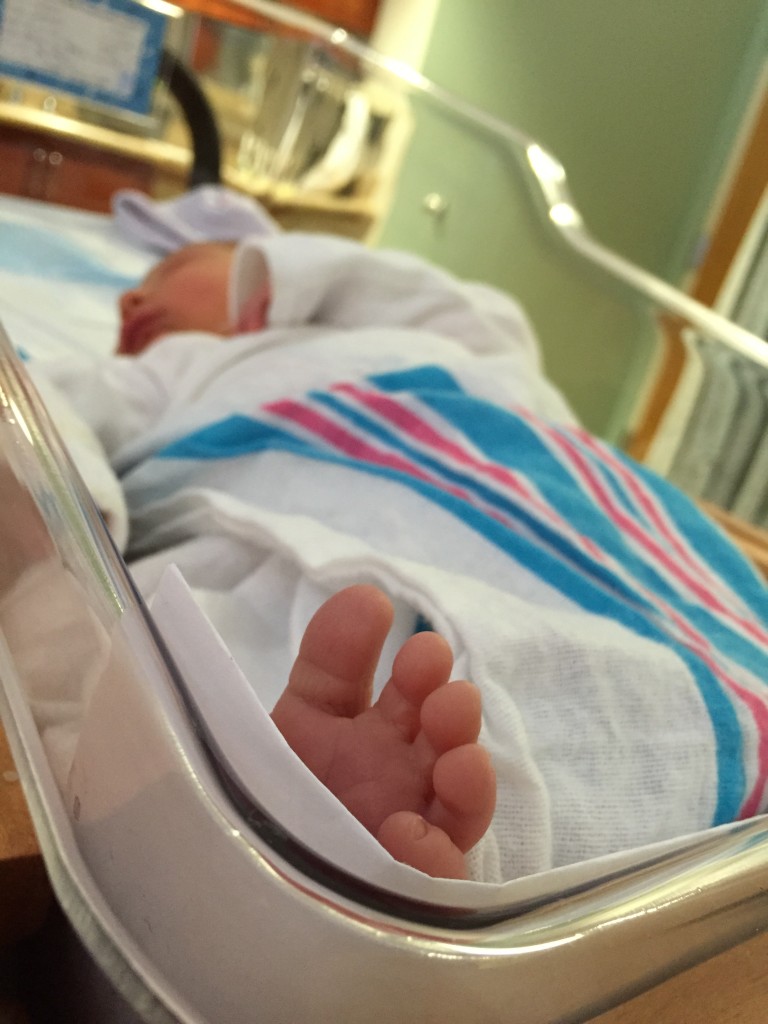 “Today was the first day in a long time that I haven’t been in some kind of pain.”
“Today was the first day in a long time that I haven’t been in some kind of pain.”
I journaled those words six weeks after my traumatic C-section with my son.
That was a little over one year ago. It somehow feels like yesterday and years away at the same time.
Last year, like many new parents, I became a master of schedules. I added up my vacation, sick, and holiday hours for the year so I could take off for those immediate postpartum weeks.
My story is similar to many and vastly different to others. This thing called pregnancy is truly unique for each body and for each pregnancy. Some people go on bedrest during pregnancy. Some babies go to the NICU. Some parents need minimal recovery and others need months. Some parents adopt and crave time to bond with their children.
As you can see from my journal excerpt above, I needed the six weeks I tallied, earned, and strategized.
As of 2015, Johnson & Johnson is now offering paid leave to their workers. That’s 15 weeks for maternity leave, 17 if you’ve had a C-section, and 9 weeks for dads and adoptive parents. An amazing benefit: the company specifically stated in its announcement that new parents don’t have to take all that time off at once, “so our people can enjoy some much-needed flexibility during such a critical time in their lives.”
Here’s what some other companies are offering:
- Google currently offers 18 weeks
- Facebook, Instagram, and Reddit offer 17 weeks
- Apple offers 14 weeks
Many of these also extend time off to dads and adoptive parents, and add additional money for expenses.
This is amazing progress for the United States! That’s great for employees at large companies, receiving benefits and flexibility to ease back into the workplace after a life-changing event.


Right now we only have the FMLA law as a nation that speaks into rights in the workplace after a child has been born or adopted. (I wrote more about that here.) Johnson & Johnson, Google, and Apple weren’t forced by legislation to offer these benefits. They volunteered them.
While I am pleased to see progress, isn’t this a way for companies to compete with each other? I really like this statement from Accenture. Steve Rohleder says “These expanded benefits will help us attract, retain, and inspire the best people.”
I love the words retain and inspire. My concern for companies this size is the first word – “attract.” When this isn’t a trending topic for our nation, people will still be having babies and continue to face difficult financial and family decisions. Why would these benefits be kept and be enforced?
I believe prioritizing family is important for human flourishing. I believe that giving parents the opportunity to continue working during challenging transitions in their lives should be our cultural norm. I believe we should care more about workers than what we get from them.
So what’s next? I’m not exactly sure what will be next for our nation, but here’s what I would love to see from you, my reader:
- If you will be a new parent soon (adopted or biological), understand your rights and consider your family and career priorities.
- If you are a boss or employer, consider what you can do to care for your workers in a way that will honor them.
It will take our small choices to think well on this topic. We must be willing to engage in the conversation to shift the culture on this issue. It is not an easy one, but it is certainly necessary.